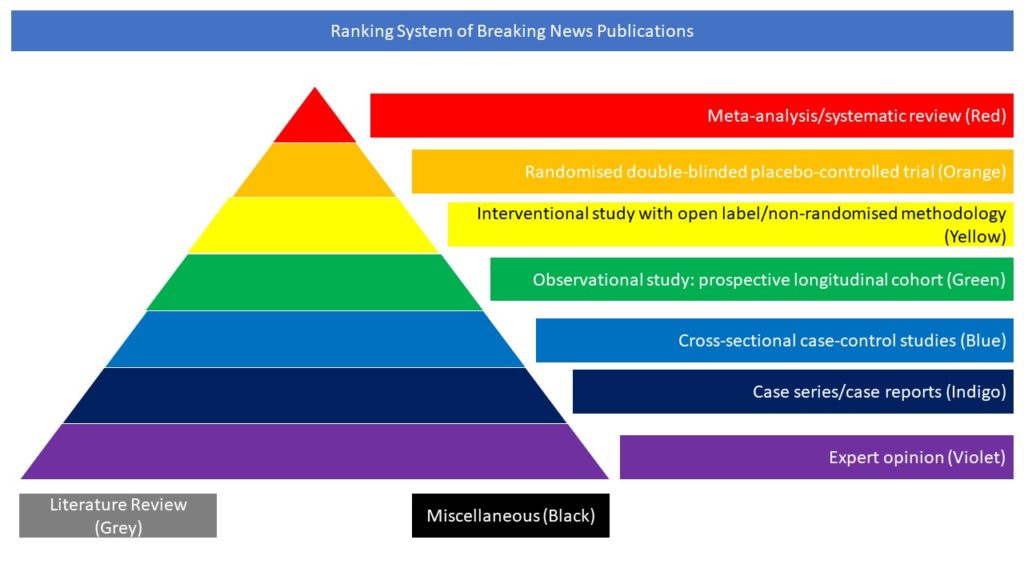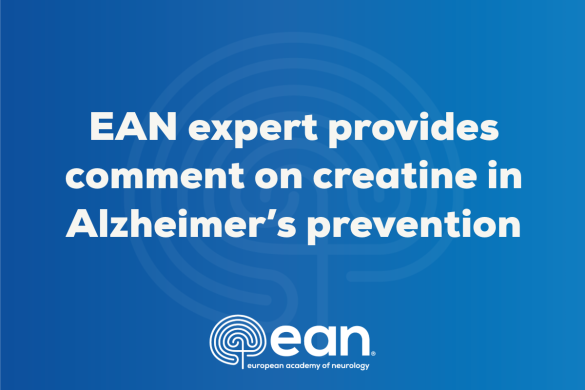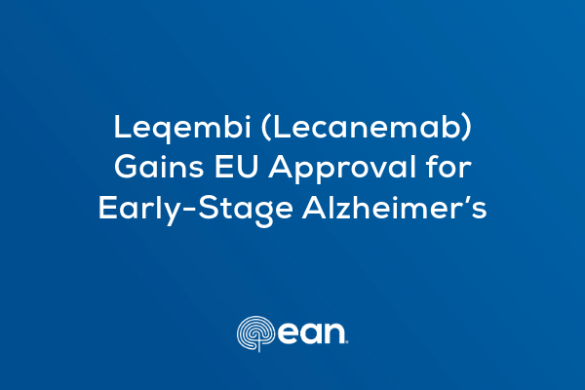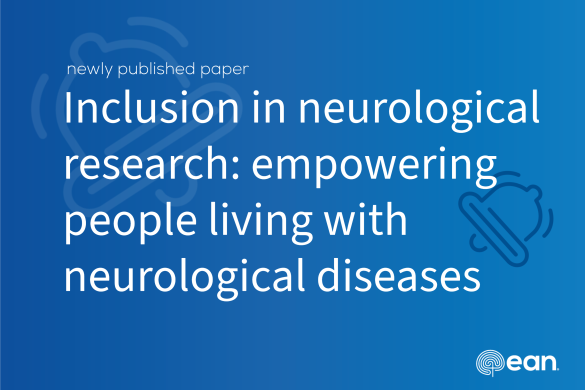Observational study: prospective longitudinal cohort (Green)
This study investigated the association between COVID-related myalgia experienced by patients at hospital admission and the presence of post-COVID symptoms. A case-control study including patients hospitalised due to COVID-19 between February 20 and May 31, 2020 was conducted. Patients reporting myalgia and patients without myalgia at hospital admission were scheduled for a telephone interview 7 months after hospital discharge. Hospitalisation and clinical data were collected from medical records. A list of post-COVID symptoms with attention to musculoskeletal pain was evaluated. Anxiety and depressive symptoms, and sleep quality were likewise assessed. From a total 1,200 hospitalised COVID-19 patients, 369 with and 369 without myalgia at hospital admission were assessed 7.2 months (SD 0.6) after hospital discharge. A greater proportion (P=0.03) of patients with myalgia at hospital admission (20%) showed ≥3 post-COVID symptoms when compared with individuals without myalgia (13%). A higher proportion of patients presenting myalgia (OR1.41, 95%CI 1.04-1.90) exhibited musculoskeletal post-COVID pain when compared to those without myalgia. The prevalence of musculoskeletal post-COVID pain in the total sample was 38%. Fifty percent of individuals with pre-existing musculoskeletal pain experienced a worsening of their symptoms after COVID-19. No differences in fatigue, dyspnoea, anxiety/depressive levels or sleep quality were observed between myalgia and non-myalgia groups. The presence of myalgia at hospital admission was associated with pre-existing history of musculoskeletal pain (OR1.62, 95%CI 1.10-2.40). The authors concluded that myalgia at the acute phase was associated with musculoskeletal pain as long-term post-COVID sequelae. Additionally, half of patients with pre-existing pain conditions experienced a persistent exacerbation of their previous syndromes.
Fernández-de-Las-Peñas C, et al. Myalgia as a symptom at hospital admission by SARS-CoV-2 infection is associated to persistent musculoskeletal pain as long-term post-COVID sequelae: a case-control study. Pain. 2021 Apr 8. doi: 10.1097/j.pain.0000000000002306.










